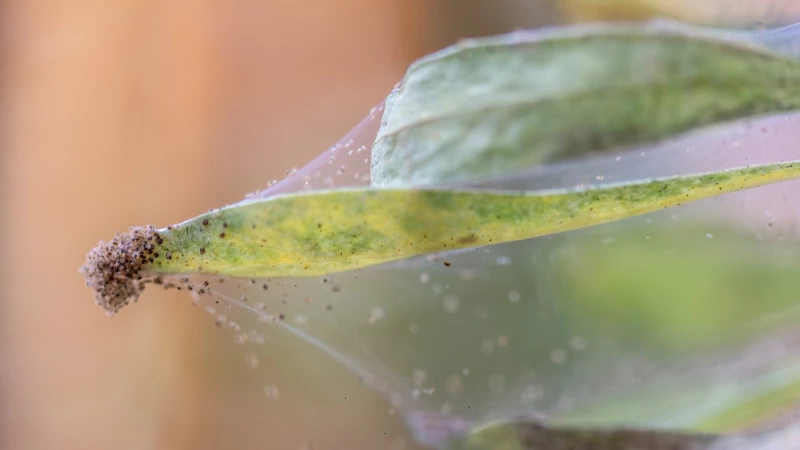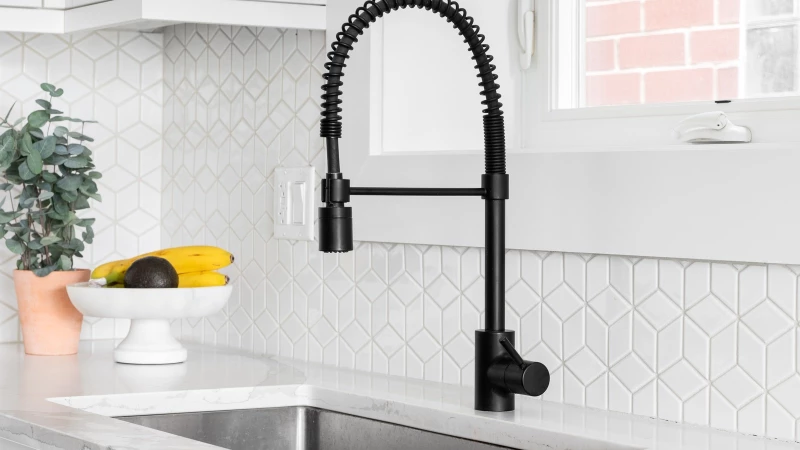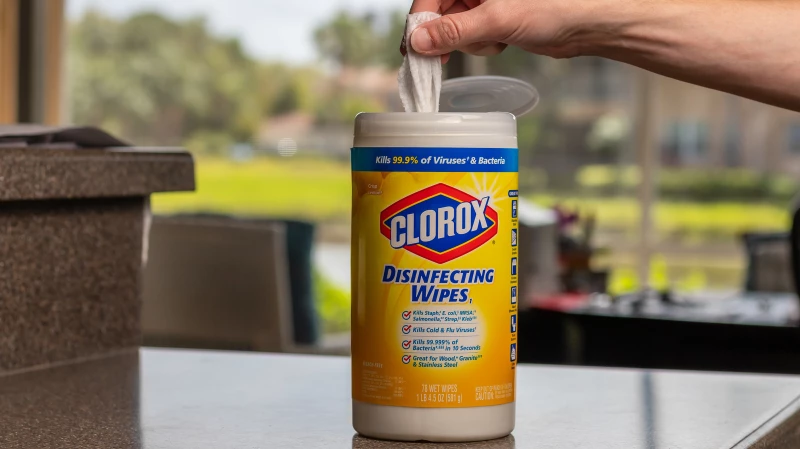Houseplants not only enhance the beauty of your home but also require proper care to prevent pests. Spider mites are a common problem for indoor plants, especially in dry and warm environments. Certain plants like palms, calathea, and ficus varieties are more susceptible to these pests. Spider mites feed on plant juices and can cause discoloration, stippling, and even defoliation if left untreated. To prevent infestations, it's important to monitor and address any environmental factors that may stress the plants. Additionally, making a DIY spray using Castile soap can help manage spider mite infestations.
To create a DIY soap spray using Castile soap for getting rid of spider mite infestations on plants, gather the necessary ingredients: Castile soap, water, and a spray bottle. Choose a pure Castile soap without any added fragrances or chemicals, as these may harm the plants. In a clean spray bottle, add a solution of 1 tablespoon of Castile soap per 2 quarts of water. Shake the bottle vigorously to prevent the soap from concentrating, which may potentially harm sensitive plant tissues.
When applying the soap spray to infested plants, do so during the early morning or late afternoon to avoid direct sunlight, as this will cause the solution to evaporate faster. Lightly coat the affected plant surfaces, ensuring coverage of both the upper and lower leaf surfaces, as spider mites often reside on the undersides. Then, repeat the application every few days until the infestation is under control — without oversaturating the plants. Consistency is key, as spider mite eggs may hatch over time, necessitating continued treatment as the soap solution only kills bugs on contact.
Why Castile soap is an effective spider mite deterrent
Castile soap is a safe and efficient solution for eliminating spider mites from plants. These tiny arachnids have a protective waxy coating on their bodies, which helps them retain moisture. However, Castile soap can disrupt this coating by breaking down the waxy substance. This interference prevents the mites from retaining water, leading to their dehydration and eventual death. The mild yet powerful action of Castile soap makes it an ideal choice for treating plants without causing harm to them.
One of the main advantages of using Castile soap is its biodegradability and lack of harmful chemicals. This makes it safe for houseplants, as it does not leave behind any toxic residues that could damage or stress the plants. The soap specifically targets spider mites while being gentle on the plants, preserving their overall health and vitality.
If the DIY Castile soap spray doesn't seem to be effectively controlling the spider mite infestation, it may be time for alternative measures. You can explore other natural remedies, such as neem oil or commercial insecticidal soap. However, it's important to be cautious about their potential impact on certain plant species. If the problem persists, it's advisable to consult with a local gardening expert or extension service for personalized advice. Another option to consider is introducing predatory mites, which can act as natural enemies to the spider mites. By combining these measures, you can have a more comprehensive approach to controlling and eliminating spider mite infestations on plants.








